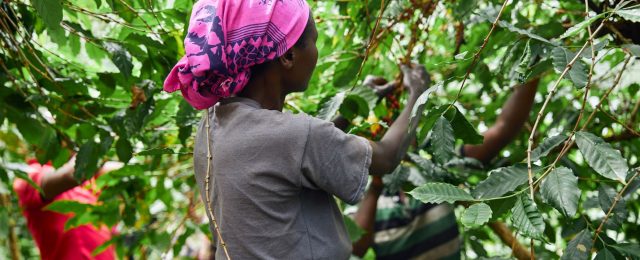The role of benchmarking in food and agriculture supply chains

What role does benchmarking have in promoting sustainable practices in companies’ supply chains? And how do suppliers perceive the policies and commitments of keystone companies in promoting sustainable business practices? While interest in the sustainability performance of food and agriculture companies’ own operations is well established, it is only in recent years that this has extended to companies’ supply chains. With the support of the IKEA Foundation, this report has sought to address this information gap.
Using a mix of data collected from interviews with suppliers of keystone companies based in developing countries and data from WBA’s Food and Agriculture Benchmark, this report has looked to close this information gap. The results are concerning, with less than 1 in 5 of food and agriculture companies disclosing their suppliers and a perceived lack of direct support for suppliers to move towards more sustainable practices. Nonetheless, some companies are already taking significant steps towards addressing these issues, with publicly disclosed lists of suppliers and programs which support suppliers in transitioning towards more sustainable practices, notably with the certification process.
We found that benchmarking initiatives have a role to play in promoting more sustainable business practices, as part of a wider ecosystem of actors working together to hold companies accountable on sustainability issues. Such partnerships are required if the sector is to undergo the transformational change needed to meet the Sustainable Development Goals (SDGs).